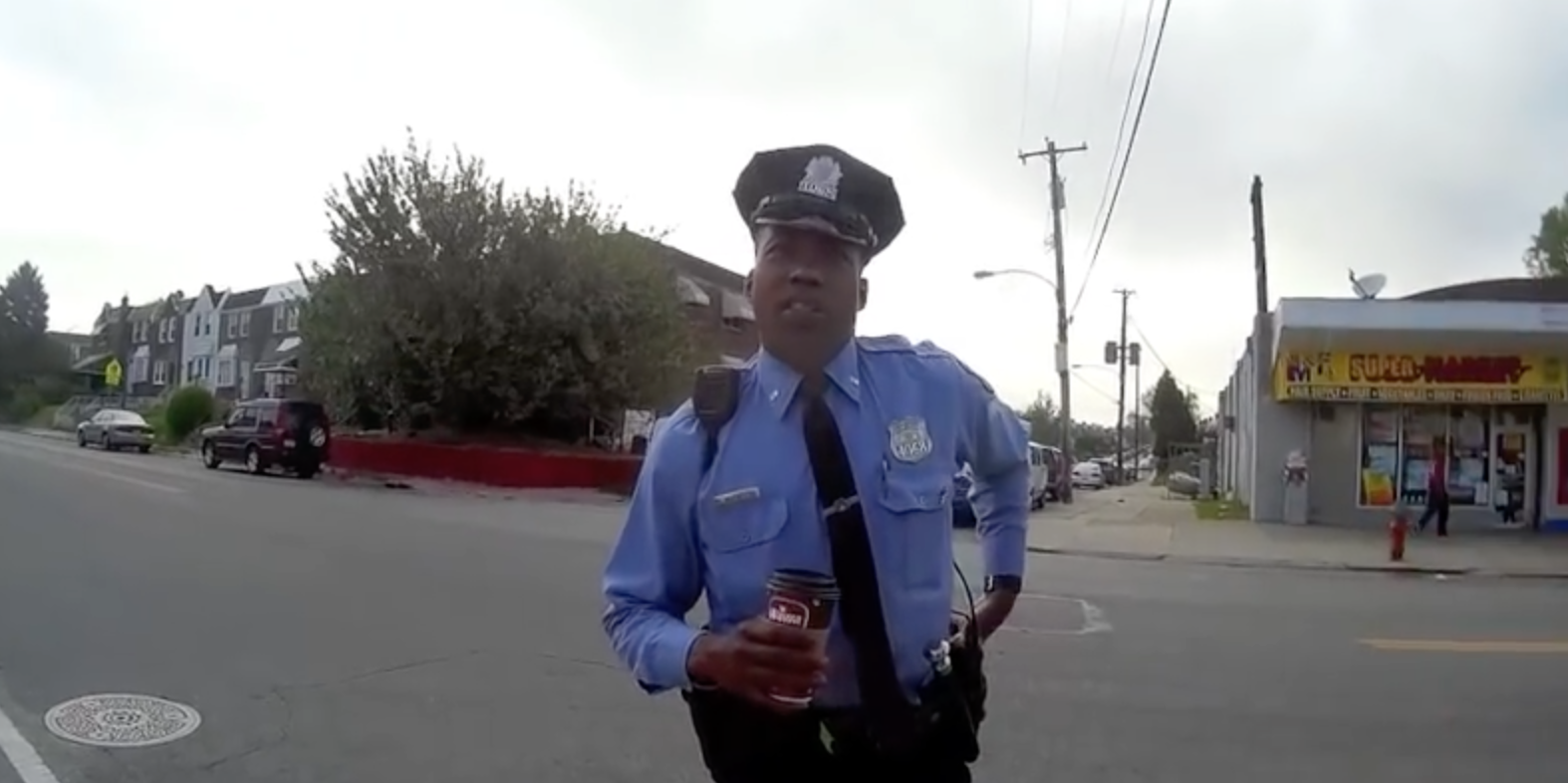Is it possible to win a court case in a way that you could call it “morally bankrupt?”
According to at least one, pro-2A group, there apparently is. And I only say that because that’s the phrase that they used to describe the court case.
Now, to set the stage for you, the court case is specifically about the right of people aged 18-21 to be able to buy a pistol with the thought towards self-defense.
Imagine winning that court case in a way that could easily lead to more trouble in the future. That would be infuriating, wouldn’t it?
Well, pro-2A critics of this court case, are pretty upset about their win. Michael Clements writes,
A U.S. District Court in Louisiana handed three Second Amendment advocacy groups and three individual plaintiffs what they said was an empty victory and a possibly unconstitutional order.
Clements continues:
On Oct. 7, District Court Judge Robert R. Summerhays issued a narrow judgment limiting relief to people who were members of the plaintiff organizations on Nov. 6, 2020, and are located in Texas, Mississippi, and Louisiana, the states in the Fifth Circuit.
That’s right, the judge agreed that the law is unconstitutional and, in the same breath, limited the people who are able to take advantage of this court win to a very small number of people.
Sounds like a hollow victory, doesn’t it?
That’s because it is. What should have been a general ruling that it is unconstitutional to prevent legal adults from doing things that other legal adults can do became a ruling that only a handful of people can actually take advantage of.
In fact, “The Firearms Policy Coalition called the decision “morally bankrupt” in a statement on its website.”
So, on the one hand, we can view this as some sort of small victory. On the other hand, though, the ruling doesn’t go nearly far enough to address the scope of the question that the lawsuit was supposed to answer, which is “Shouldn’t all legal adults be able to do things that are legal for other legal adults, specifically in the case of this Constitutional right?”
The plaintiffs are planning on appealing the ruling, so we’ll see what happens in the long run, but, really, that shouldn’t have even been necessary.







![Are Compensators Worth It? [Video]](https://preparedgunowners.com/wp-content/uploads/2025/07/Depositphotos_815431992_S-218x150.jpg)























![Optic Ready vs Milled slides? [Video]](https://preparedgunowners.com/wp-content/uploads/2024/02/image-3-100x70.png)
![[Checklist] What Gear You Need To Take Pistol, Rifle & Shotgun Training Courses [Video]](https://preparedgunowners.com/wp-content/uploads/2023/07/Depositphotos_275087632_L-100x70.jpg)
![What is in Carter’s 2023 EDC? [Video]](https://preparedgunowners.com/wp-content/uploads/2023/07/Depositphotos_146856137_L-100x70.jpg)


